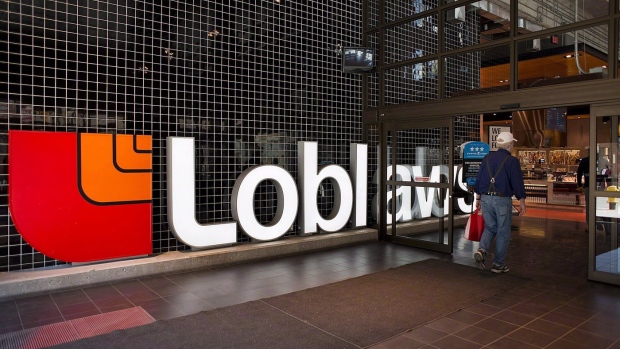Feb 9, 2024
Ontarians had already gambled $1.4B on football before the Super Bowl
, BNN Bloomberg
All aboard Molson Coors’ ‘chill train’ in new Canadian Super Bowl spot
Before Super Bowl LVIII, Ontario sportsbooks had already seen record wagers.
According to data released to BNNBloomberg.ca from iGaming Ontario, Ontario gamblers wagered $1.4 billion on football since April 1, 2023, across the 50 legal operators in the province. This represents a 50-per-cent hike from the fiscal year prior and doesn’t include Sunday’s Super Bowl.
These figures are not limited to NFL football, however, and can include wagers on the Canadian Football League, the college ranks and other leagues.
iGaming Ontario said in a statement on Friday the growth in popularity is “a testament to Ontarians being drawn from the unregulated market to sites where their play is protected and from which Ontario’s economy benefits.”
In a statement Wednesday, a spokesperson for FanDuel Canada, one of the major players in online sports betting, said it too expected to see record numbers at this year’s Super Bowl.
“We’re continuing to see interest in the Super Bowl and we’re expecting the game to be the biggest event of the year at FanDuel,” the statement reads. “Unfortunately, we can’t provide actual numbers on bets/handle due to our operating agreement with (iGaming Ontario), but we expect to see year-over-year growth.”
A spokesperson for DraftKings, another major player in the industry, declined to comment.
Online gambling became legal in Ontario in April 2022 and the industry has exploded since. iGaming Ontario’s latest quarterly figures show total wagers amounting to $17.2 billion between October and December 2023, a 22-per-cent increase from the prior quarter. It remains the only province where the industry is legal.
Since legalization, the majority of sports betting has shifted online. A recent survey from the Responsible Gambling Council (RGC) found that 41 per cent of Ontario sports bettors planned to bet on the Super Bowl and 80 per cent planned to use online platforms.
“With most of Ontario’s Super Bowl betting happening online, it’s encouraging to see the majority of bettors using responsible gambling features on regulated sports book websites,” Shelley White, CEO of the Responsible Gambling Council, said in a news release.
The industry has grown even faster in the U.S., where online gambling is legal in more than 30 states. A record 67.8 million people were expected to bet on Super Bowl LVIII, with total wagers amounting to US$23.1 billion, according to research from the American Gaming Association.
These figures include online wagering, bets made with a bookie and casual bets among friends.
Helpline calls spike around big events
The growth in gambling’s popularity is also raising some concerns, as big sporting events like the Super Bowl can be especially troublesome for those with difficulty controlling their wagers.
Nigel Turner, a scientist with the Institute for Mental Health Policy Research at the Centre for Addiction and Mental Health (CAMH) who specializes in gambling addiction, said issues with gambling can arise more frequently this time of year.
“In the United States, the Super Bowl in particular is a huge draw for who gamble and there's always a spike in the number of people who call in having crises related to gambling around the time of the Super Bowl,” he told BNNBloomberg.ca in a phone interview Thursday.
Turner said while he doesn’t see the same February spike in helpline data here in Canada, helpline calls have increased 20 per cent since online gambling was legalized, with an uptick in November, the month of the CFL’s Grey Cup.
For what it’s worth, the Ontario government is cracking down on gambling advertising, as celebrities will be banned from online gambling endorsements on Feb. 24.
“I'm really happy that the government put the ban on celebrities because they're frequently people who appeal to youth, especially sports heroes like Wayne Gretzky was in a lot of the early advertisements,” Turner said.
Turner also applauded the gambling companies themselves for promoting responsible betting but hopes more can be done in the future.
“I think they could make that message stronger,” he said. “The fact is that gambling can be a lot of fun, but if you're spending money you can't afford to lose, then you are going to suffer consequences of that.”
The RGC suggests people understand that knowledge won’t them help beat the odds, setting spending limits and keeping to them, only gambling money you can afford to lose, and avoiding alcohol or drugs while making bets.
“Whether betting on or offline, perceived knowledge of the game, being with friends and family, and substance use can all influence how we play,” White said. “Staying within a pre-set limit and not risking more than you can afford to lose is always a good game plan.”
























